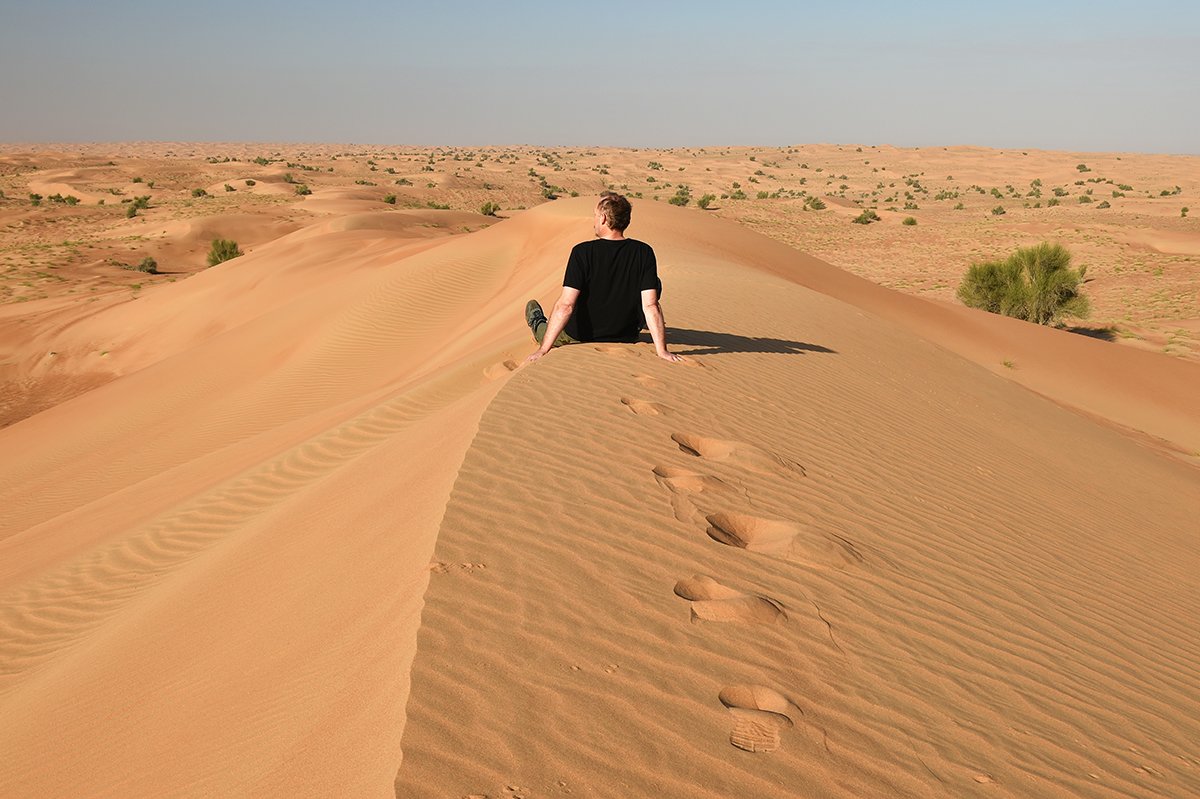Deuteronomy 2 Commentary
by Brad Boyles
It is a unique time in Israel’s history. Moses continues to lead and teach the people even though *spoiler alert* he will die before making it to the Promised Land. This time of transition accomplishes several significant goals. First, Moses will teach the people how to trust God. Moses could have titled the class Obedience 101.
Keep in mind, they have received the Law (10 Commandments) already. However, they have failed miserably to keep those commandments, and all throughout Deuteronomy, God will provide the practical guidance needed to live in a covenant with Him. Their journey outlined here provides opportunities to obey the Law by putting their faith and trust in God. First, the old generation needed to go.
In Deuteronomy 2:1-8, the Israelites set out from Kadesh Barnea following God’s command where they are eventually instructed to turn north toward the Promised Land. As they passed through Edom, the territory of Esau’s descendants, they were told not to engage in war since this land was given to Esau by God. Instead, they were to purchase food and water to avoid conflict, reflecting God’s provision during their 40 years of wandering.
This was thirty-eight years after we had left Kadesh Barnea. All the fighting men of that generation had died, as the LORD had said they would. [15] The LORD kept on opposing them until he had destroyed them all. [16] “After they had all died, [17] the LORD said to us, [18] ‘Today you are to pass through the territory of Moab by way of Ar.
Deuteronomy 2:14-18 GNB
The crossing of the Zered marked a pivotal moment in Israel’s wanderings. In the 38 years between Kadesh and Zered, the rebellious generation, which had been barred from entering the Promised Land, finally died off. The text specifically states that the Lord kept opposing them. It is a terrible thing when a faithless and selfish person sears their heart so deeply against the ways of God that the Lord opposes them.
“The generation that had rebelled at Kadesh were of age to make war but rarely fought. Instead they made war against the Lord by their bitter words.”
Nelson’s New Illustrated Commentary
Dependence vs Rebellion
A significant reference to these “fighting men” of Deuteronomy 2 is found right at the beginning of Jude.
“For some godless people have slipped in unnoticed among us, persons who distort the message about the grace of our God in order to excuse their immoral ways, and who reject Jesus Christ, our only Master and Lord. Long ago the Scriptures predicted the condemnation they have received. [5] For even though you know all this, I want to remind you of how the Lord once rescued the people of Israel from Egypt, but afterward destroyed those who did not believe.”
Jude 1:4-5 GNB
Jude reminds us that the same God who rescues us is the same God who can dismantle us. False, divisive “believers” will be judged in the same way as the fighting men of Deuteronomy. The Lord knew the plan could not go forward with a divisive generation, so He was faithful to discipline this generation.
Rebellion is the opposite of dependence. The wilderness was a time of learning to depend on God, and there was no way they could survive the upcoming battles they would face without learning dependence. Israel experienced an incredible beginning to their journey when they were led out of Egypt. Sadly, many of those same people did not finish strong. What does this mean for your family, your church, and your community? Are you moving forward with dependence or dragging your feet in rebellion?
“Keep in mind that Jude was using a historical event as an illustration, and we must not press every detail. The entire nation was delivered from Egypt, but that does not mean that each individual was personally saved through faith in the Lord. The main point of the account is that privileges bring responsibilities, and God cannot lightly pass over the sins of His people. If any of Jude’s readers dared to follow the false teachers, they too would face the discipline of God.”
Warren Wiersbe




